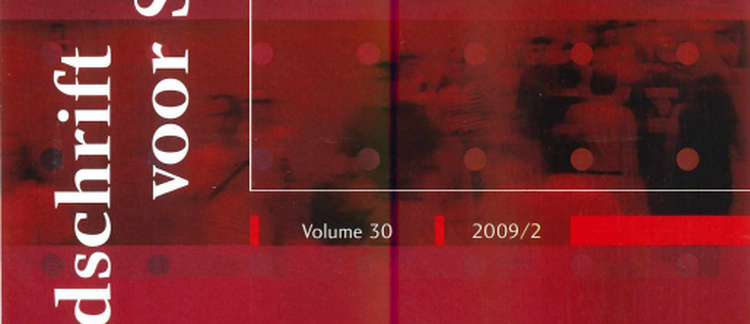Abstract
In this study we concentrate on the effect of the housing situation on income inequality, for Flanders and the Netherlands in the year 2005/6. We analyze the income inequality using the disposable household income before and after housing expenses. The most important conclusion is that the income inequality increases in both ‘countries’ when the equivalent disposable income is corrected for housing expenditure. With regard to the subsidy mechanisms, the role of the housing allowance system in the Netherlands is remarkable. The housing allowance is generally granted to the lower incomes on the rental market and keeps the increase in equality after deduction of housing expenses relatively small in the Netherlands compared to Flanders. The fiscal advantage of a mortgage loan is – due to characteristics of the fiscal system – generally higher for owner-occupiers (with a mortgage) with higher incomes and increases general income inequality.
How to Cite:
Heylen, K. & Haffner, M., (2009) “Inkomensongelijkheid en woonuitgaven in Vlaanderen en Nederland”, Tijdschrift voor Sociologie 30(2), 143–175. doi: https://doi.org/10.21825/sociologos.86729
Downloads:
Download PDF
View
PDF


